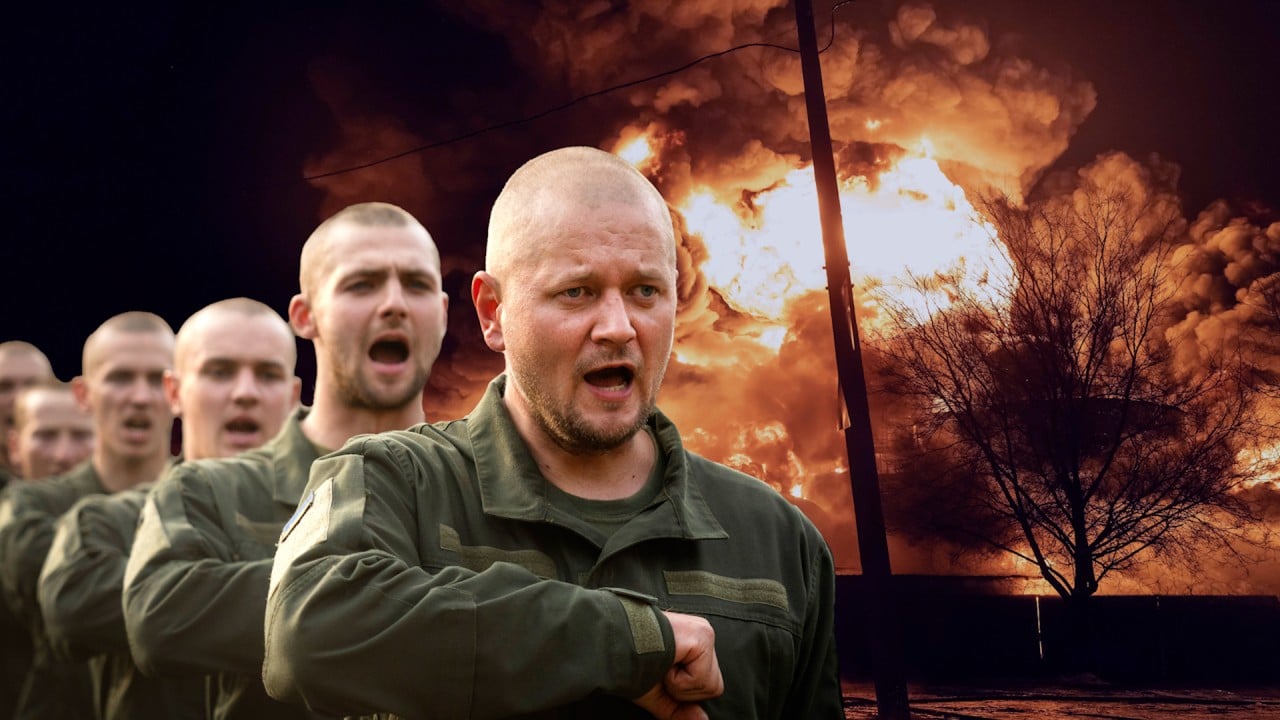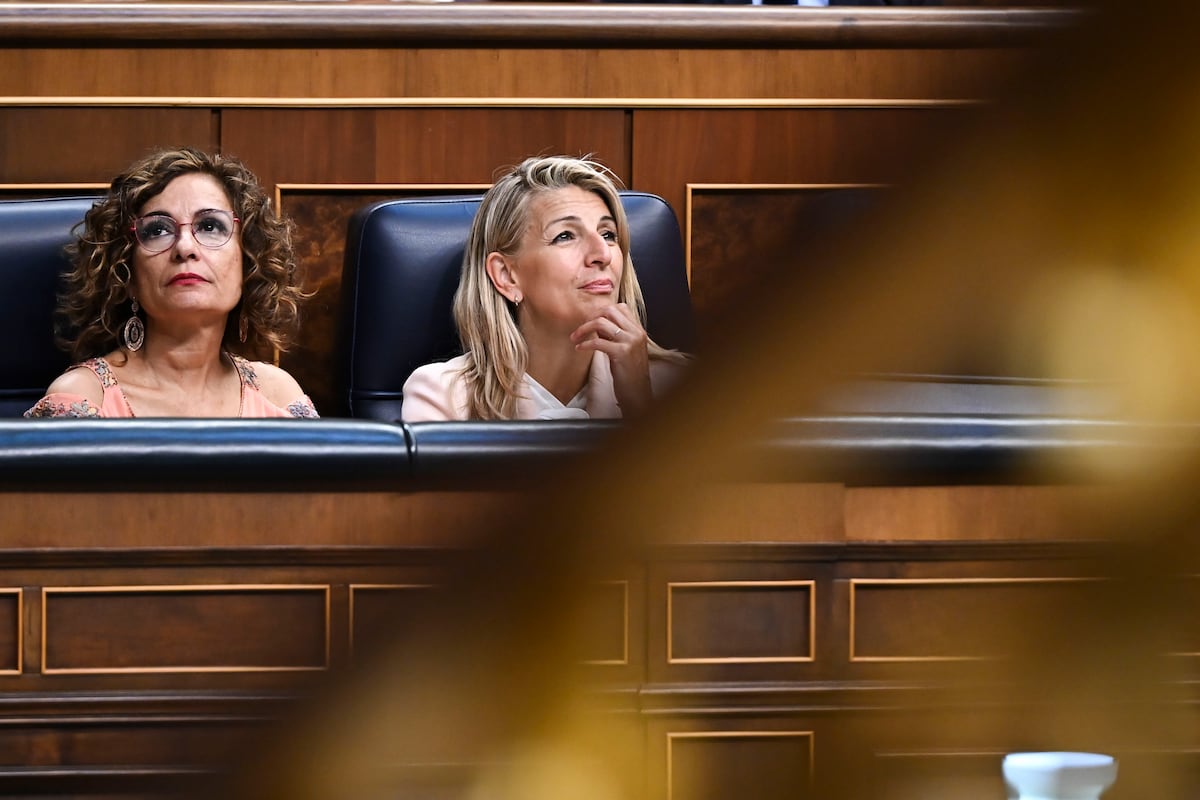Ukraine urges China to play ‘constructive’ role in security following Putin-Kim pact – Technologist
“The signing of the comprehensive strategic partnership agreement between the DPRK [Democratic People’s Republic of Korea] and the Russian Federation, which enables Russia to provide high-precision weapons, transfer advanced military technologies and provide other support to North Korea, disrupts the security balance … creates additional risks to regional and global security,” Kuleba said last week in an email interview with This Week In Asia.
“We also hope that the People’s Republic of China will play a constructive role in overcoming the challenges to regional and global security that are growing as Russia and North Korea expand their military cooperation,” Kuleba said.
China has said it is neutral in the war between Ukraine and Russia. However, Beijing has faced disapproval from some countries – particularly from the United States and its allies – for not condemning the invasion of Ukraine and providing economic support to Russia amid international sanctions against Moscow.
In response to the treaty signing, the US warned Pyongyang last month against joining Russian troops in Ukraine, with Pentagon spokesman Pat Ryder saying North Korean troops would become “cannon fodder” on the battlefield.
Kuleba said there had been no confirmed sightings of North Korean troops on Ukrainian soil so far.
“As of now, we have no confirmed information that the DPRK has taken any practical steps in this regard. But we keep monitoring the situation together with our partners,” Kuleba added.
Nonetheless, North Korea has supplied at least “2.6 million artillery shells and up to 60 ballistic missiles” that were used by Russia in bombing Ukraine, according to Kuleba.
“Although in general the quality of North Korean weapons is quite low with a high failure rate, they still give Russian troops some artillery advantage on the battlefield. That is indeed a matter of concern to us,” Kuleba said.
With more death and destruction inflicted by Russian troops in Ukraine, North Korea might feel emboldened to challenge the stability of the Korean peninsula and across Asia, Kuleba said.
“We must confront these threats together and treat them as one global challenge. Each piece of support for Ukraine today is an investment in the stability of Asia,” he added.
Several media reports say North Korea could send a large number of engineering and construction troops to help Russia carry out “reconstruction” works in the occupied cities in Ukraine following the treaty signing.
Citing a South Korean government official, TV Chosun reported that North Korean engineering troops would be involved in the heavily bombed Donetsk region in eastern Ukraine.
In an interview with Espreso TV in June, Ukrainian Major Yehor Checherynda said tunnels were built extensively during the Korean war, where engineering personnel dug barracks and control centres of up to a depth of 100 metres, making them impenetrable to US air raids.
“Unfortunately, the [North] Koreans have experience in this area and Ukrainian Defence Forces must take this into account to prevent such operations on Ukrainian territory,” Checherynda was quoted as saying.
Kuleba said Russia had been recruiting mercenaries from many countries in an attempt to break through the front lines and advance deeper into Ukraine’s territory.
Citing Ukrainian data, Kuleba said Russia had used recruits from Rwanda, Burundi, Congo, Uganda, India, Nepal and Cuba.

Many of the mercenaries were “tricked” into fighting the Russian army, as attested by their testimonies after they were captured as prisoners of war by Ukrainian forces, he added.
“I take this opportunity to warn all people in various countries to never trust Russian offers. Russia does not value human life at all. They will promise some things, but you may end up wounded or killed on Ukrainian soil. Do not become Russia’s cannon fodder,” Kuleba said.
The foreign minister also addressed the US presidential race, saying bipartisan support for Ukraine had been retained n the third consecutive year of the Russian invasion.
Kuleba’s comments were made before US President Joe Biden dropped out of the race on Sunday. Biden has expressed support for Vice-President Kamala Harris to be chosen as the Democrat candidate against the former president and Republican candidate Donald Trump in the November election.
“We are convinced that it is in the strategic interest of the United States to support Ukraine and enable Ukrainians to defeat Russian aggression and terror,” Kuleba said.
“It is solely upon the American people to decide who will be the next president of the United States. We maintain communication with both parties and we know that both US presidential candidates are perfectly aware of the choice of Americans to support Ukraine.”


